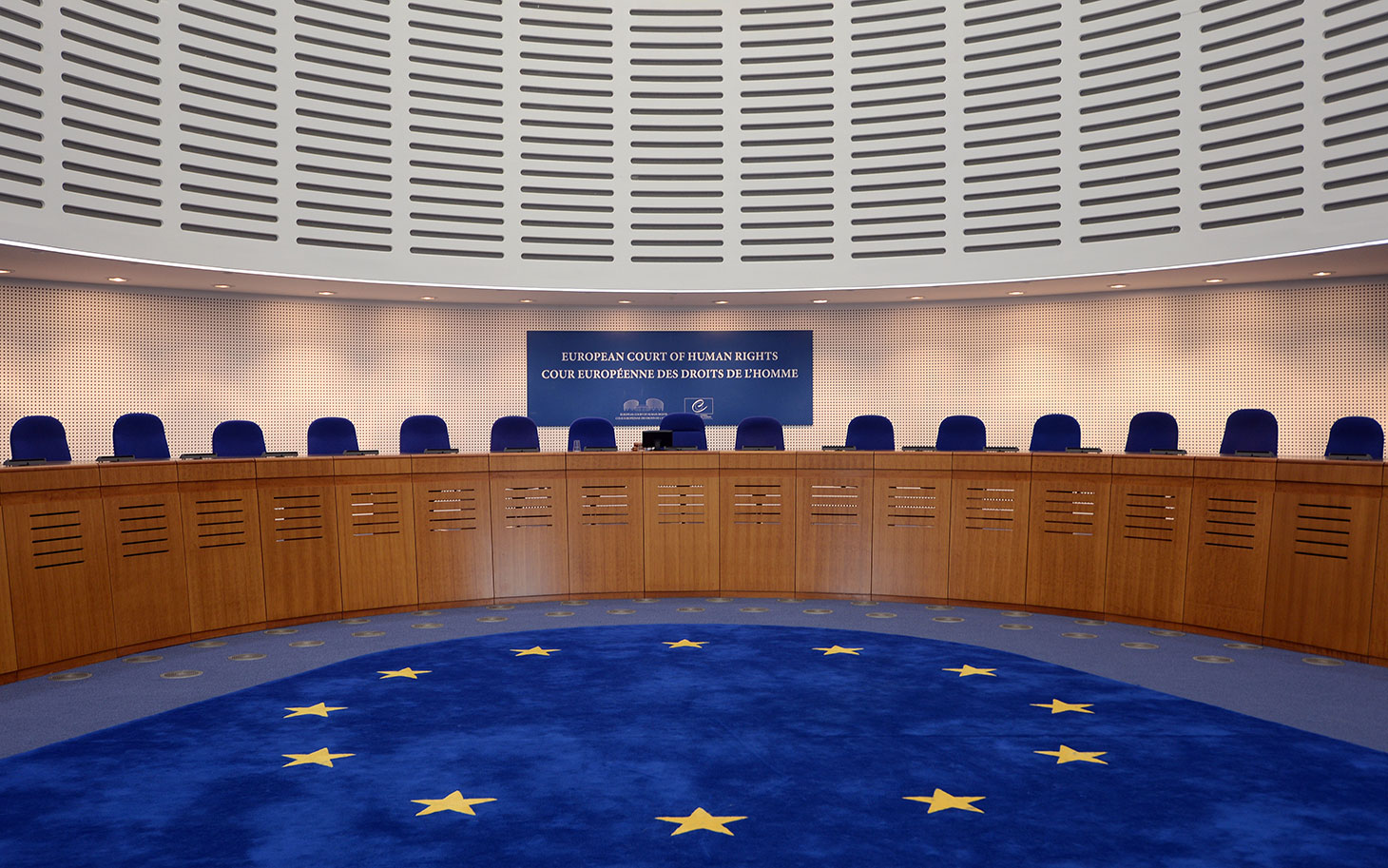


On 7th April 2021, GYLA, together with its partner organization - the European Human Rights Advocacy Centre (EHRAC), filed 2 new applications with the European Court of Human Rights. Applications concern the excessive use of force by the state and the failure to conduct an effective investigation into the actions taken towards 22 persons, including 10 persons exercising the right to peaceful assembly, 11 members of the media and 1 person accidentally found in the epicentre of events during the dispersal of the anti-occupation rally on June 20-21, 2019.
On June 20-21, 2019, the Ministry of Internal Affairs of Georgia made a decision to disperse the rally, which turned into a large-scale violation of the protesters' rights. The applicants are substantiating in the submitted applications that there is a violation of Article 3 (prohibition of torture), Article 10 (freedom of expression - only in the case of media representatives), Article 11 (freedom of assembly and association - only in the case of demonstrators), and Article 13 (right to an effective remedy).
Illegality and disproportion of the force used: In parallel with the tear gas, the Ministry of Internal Affairs started firing rubber bullets at the protesters illegally, including without prior notice. The use of rubber bullets took place under wide discretion conditions, without prior consent and instruction, which indicates another basis for this action's illegality. Rubber bullets were used against those persons from whom there was no threat, including clearly identifiable media members. It is also confirmed that law enforcement officials fired rubber bullets at close range and in the direction of vital organs. As a result, among them, four persons under GYLA's protection lost one eye/ their eyesight in one eye. In essence, these actions are tantamount to ill-treatment and indicate a lack of proper instruction and training for the Special Forces. At the same time, in the submitted application, GYLA argues that on June 20-21, the Ministry of Internal Affairs failed to manage the tense situation properly and did not use the resources of communication, negotiation and dialogue to ensure de-escalation.
Ill-treatment during the detention and the following period: On June 20-21, the Ministry of Internal Affairs used the practice of administratively detaining protesters en masse. Persons under the effective control of law enforcement during/after the arrest were subjected to ill-treatment due to subsequent physical and verbal abuse by law enforcement during the detention and aftermath.
Interference with journalistic activities: The use of active special means and physical or verbal abuse by law enforcement officials resulted in serious violations of the rights of media representatives, including freedom of expression, protection from ill-treatment, as well as interference in journalists professional activities.
Ineffectiveness of the Investigation: On June 22, 2019, the Office of the Prosecutor General of Georgia has launched an investigation on the fact of the alleged abuse of office by certain officials of the Ministry of Internal Affairs under Article 333 (3) (b) of the Criminal Code of Georgia (CC) using violence or a weapon (exceeding official powers by a public political official using violence or a weapon shall be punishable by imprisonment for a term of five to eight years, with the deprivation of the right to hold an office or to carry out activities for a term of up to three years). It should be noted that in November 2019, GYLA published a report "Beyond the Lost Eye", which assesses the events of June 20-21. The report was accompanied by recommendations, including one of the recommendations was to conduct an effective investigation into the acts committed; however, even though more than 21 months have passed since the beginning of the investigation, the investigation process is flawed and incomplete, and, as a result, does not meet the standard of effective investigation. In particular:
Problems with Legislative Regulation of Active Special Means: Submitted applications argue the legal framework governing the use of active special means (including rubber bullets), which does not specify in specific cases with strict precision for the addressees of the norm in what circumstances, when and to what extent it can be used.
The applications filed by GYLA highlight the systemic problems that occur during the dispersal of rallies by the state through the use of force. As a result, it becomes clear that the state still does not have an effective, human rights-oriented management policy for demonstrations.
ჯ. კახიძის #15, თბილისი, საქართველო, 0102 ; ტელ: (995 32) 95 23 53; ფაქსი: (995 32) 92 32 11; ელ-ფოსტა: gyla@gyla.ge; www.gyla.ge
15, J. Kakhidze str. 0102, Tbilisi, Georgia. Tel: (995 32) 95 23 53; Fax: (995 32) 92 32 11; E-mail: gyla@gyla.ge; www.gyla.ge